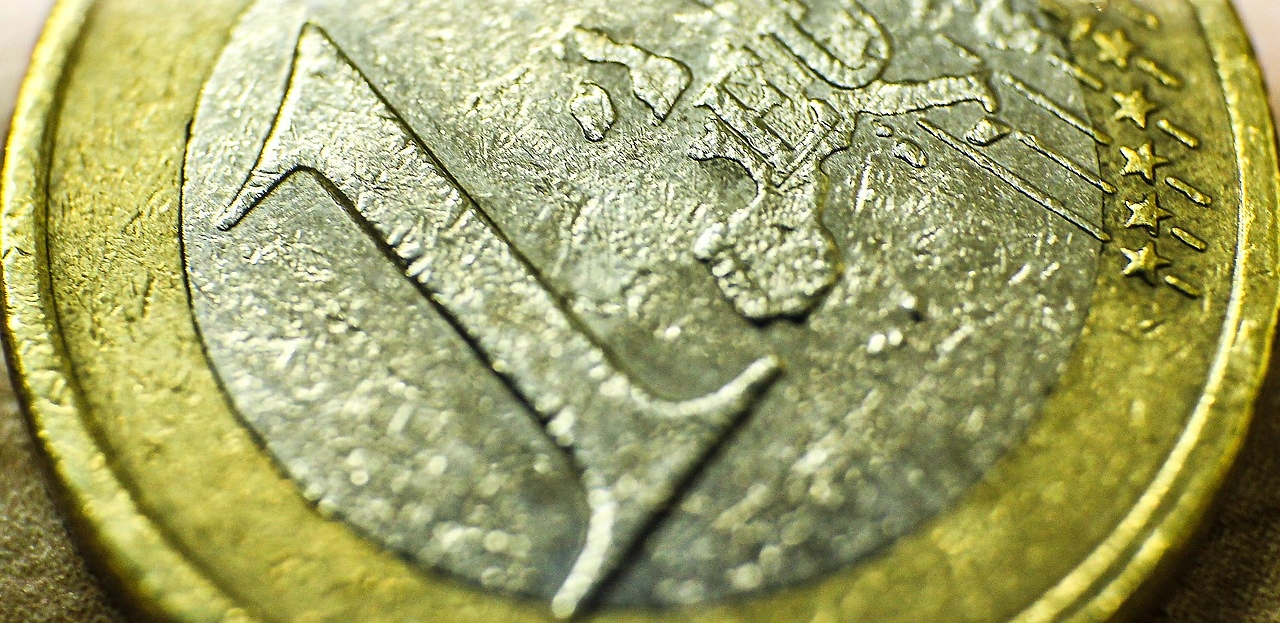Jun 19, 2025
Europe faces a critical juncture as it strives to bolster its economic growth amid global challenges, according to Kristalina Georgieva, head of the International Monetary Fund (IMF). Georgieva emphasized the need for Europe to enhance productivity and functionality to maintain its status as a ‘lifestyle superpower’.
Speaking ahead of a new IMF statement release, Georgieva highlighted the necessity for Europe to accelerate progress on the single market, which facilitates the free movement of goods, services, capital, and people. The IMF estimates that existing barriers within the single market are tantamount to a 44% tariff on goods and a 110% tariff on services, underscoring the need for regulatory reform.
Georgieva pointed out that while 70% of production in Europe is consumed domestically, only 30% is exported, a stark contrast to the US where 30% of production is consumed within the state and 70% is exported. Completing the single market could increase Europe’s GDP by 3% over a decade, according to the IMF.
The IMF’s recommendations include reducing regulatory fragmentation, enhancing labor mobility, supporting cross-border banking mergers, integrating the energy market, and advancing the capital markets union (CMU). The CMU aims to facilitate seamless investment and savings flows across member states, enabling businesses to access funding across borders, thereby fostering job creation and growth.
Looking forward, the IMF forecasts a moderate eurozone growth of 0.8% in 2025, rising to 1.2% in 2026, with trade and geopolitical tensions likely to impact investment and consumption negatively. The IMF also suggests a near-neutral monetary policy stance as inflation approaches the European Central Bank’s 2% target.
In terms of fiscal policy, the IMF advises that countries with robust public finances should support those with limited fiscal space, ensuring that nations with low fiscal risks are not hindered by EU fiscal rules when aiming to boost potential growth and resilience.
Source: IndexBox Market Intelligence Platform
